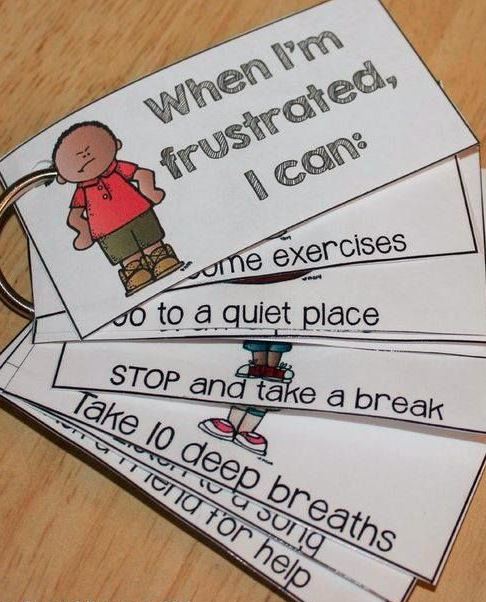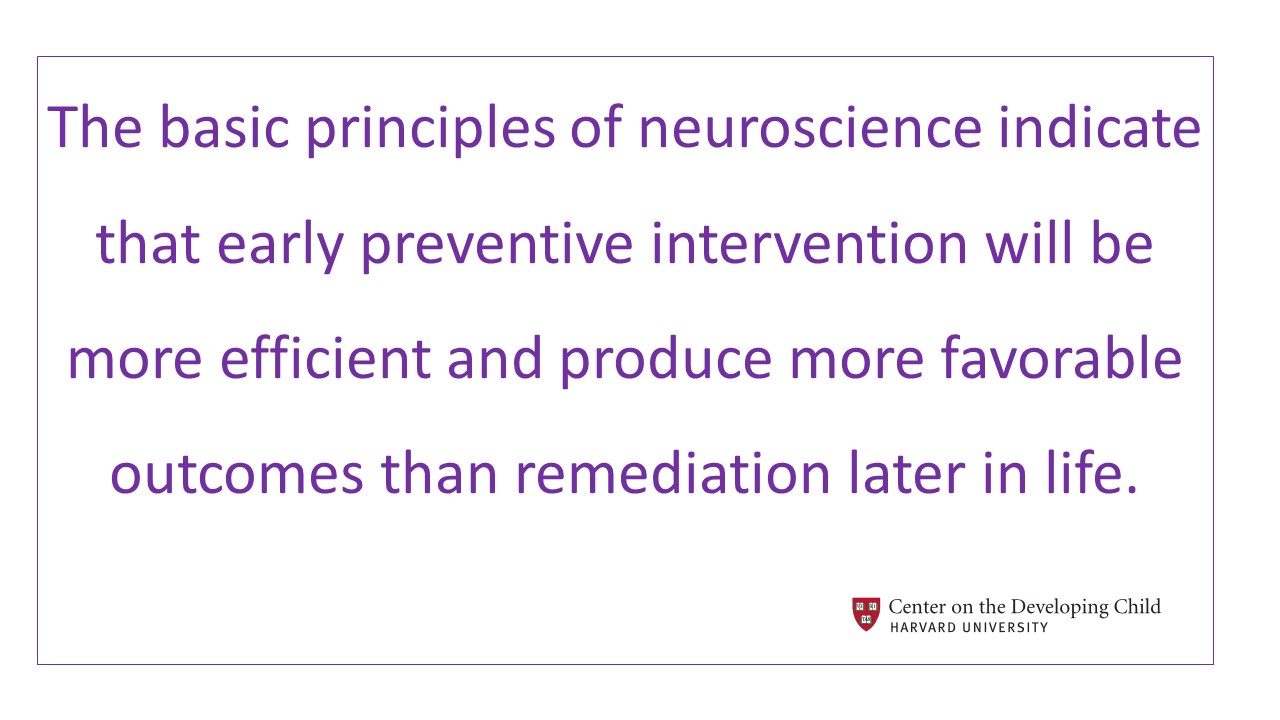Developing Social and Emotional Behaviors Leads to Improved Learning Skills
It’s early in the school day at Lynn Road Elementary School. There are 16 four-year-olds sitting cross-legged on their puzzle piece foam mats taking part in group time. The children have on their listening ears as one child tells his teacher and friends about a problem he faced earlier that morning. When the little boy finishes his story, the teacher reaches for the SEFEL-inspired Solution Suitcase and the group conversation turns to problem solving.
Preparing children for success in kindergarten
This Wake County Public School System (WCPSS) teacher is actively using the Social and Emotional Foundations for Early Learning (SEFEL) model of instruction. The nationally recognized program trains teachers in techniques that promote the social and emotional development and school readiness of children birth to age five by using intentional and nonpunitive practices.
“We see many children entering kindergarten who lack the skills that will allow them to be successful,” said Gay Lytton, Director of Preschool Programs, WCPPS. “If a child has difficulty expressing and regulating their emotions, or interacting with others, then that child’s ability to learn is hindered.”
Through a John Rex Endowment grant, WCPSS increased its number of teachers identified as SEFEL coaches. It’s these coaches who have supported 86 preschool teachers through progressive SEFEL training and individualized in-classroom coaching.
 Using the Solution Suitcase
Using the Solution Suitcase
Under the SEFEL model of instruction, children are in supportive environments with nurturing relationships. They are guided to understand their emotions and their responsibilities.
Now, when a young child is confronted by another child who pleads for the toy, there is an opportunity to learn. Using the Solution Suitcase, the teacher leads the four-year-olds through possible strategies designed just for them - take turns, play together, get a timer, or walk away.
The happy four-year-old confidently announces to his classmates, “I make eye contact then I say the person’s name. Next, I say the problem and give a solution.”
Not only is there an impact on the child, but when children do not make appropriate choices, do not respond to adult direction, or do not display appropriate social skills, the teacher may be confronted with the need to focus on behavioral issues rather than academics. The learning environment for all the children is handicapped.
Throughout our county school system, preschool teachers are integrating SEFEL practices into their daily interactions with children and parents. Classrooms are alive with teachers supporting positive environments by modeling friendship skills, providing choices within group times, sincerely speaking with children about their ideas and feelings, and celebrating positive social interactions.
Connecting positive mental health to learning
 Leaders within the early childhood and education fields recognize that emotional development has a strong correlation to cognitive and learning skills. The Harvard University’s Center for Developing Child InBrief series “The Science of Early Childhood Development”, states “The emotional and physical health, social skills, and cognitive-linguistic capacities that emerge in the early years are all important prerequisites for success in school and later in the workplace and community.”
Leaders within the early childhood and education fields recognize that emotional development has a strong correlation to cognitive and learning skills. The Harvard University’s Center for Developing Child InBrief series “The Science of Early Childhood Development”, states “The emotional and physical health, social skills, and cognitive-linguistic capacities that emerge in the early years are all important prerequisites for success in school and later in the workplace and community.”
Dawn Dawson, Senior Director of the Office of Early Learning, WCPSS, said, “We’ve found that children who come from a SEFEL-guided classroom have the social skills that make them ready for success and learning in kindergarten.”
At school and at home, it’s these SEFEL-influenced interactions that are contributing to the positive mental health of our children.
- To learn more about the Wake County Public School System’s implementation of the SEFEL framework, contact Gay Lytton, glytton@wcpss.net
- For additional information, see: (1) Center on the Social and Emotional Foundations for Early Learning (CSEFEL) (2) UNC Frank Porter Graham Child Development Institute NC Early Learning Network
The grant referenced in this story was awarded through our Plan for Impact: 2013-2018 Positive Mental Health portfolio.

